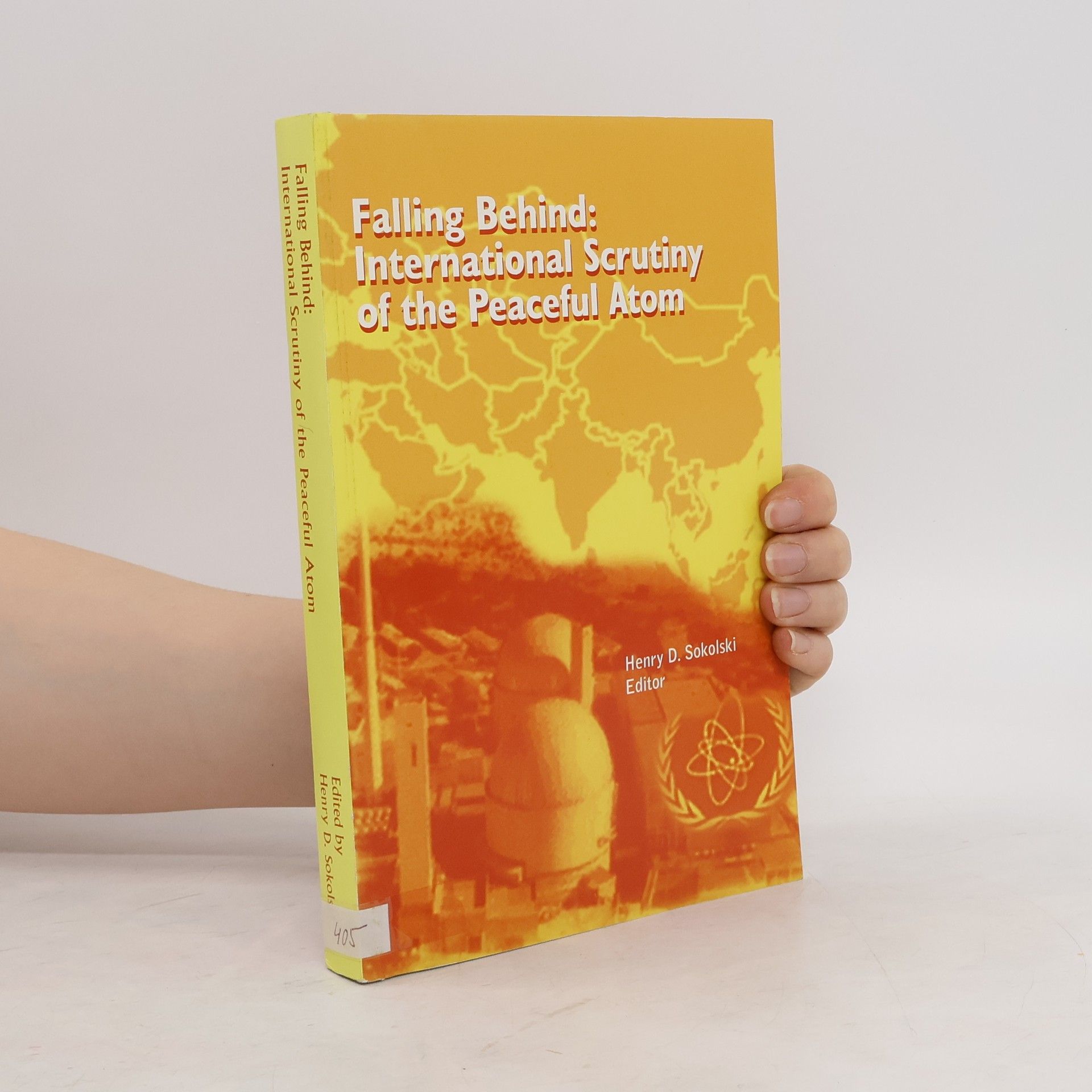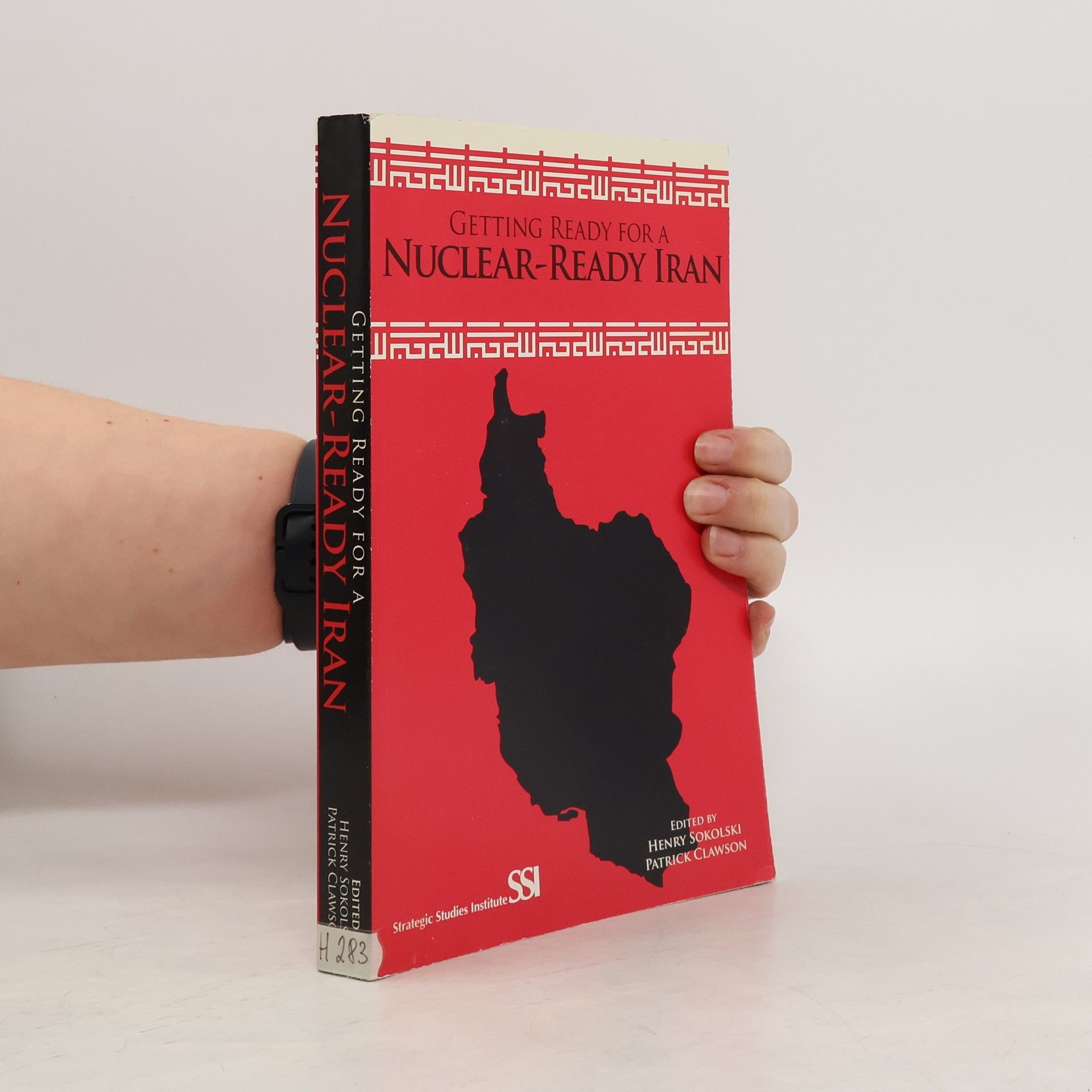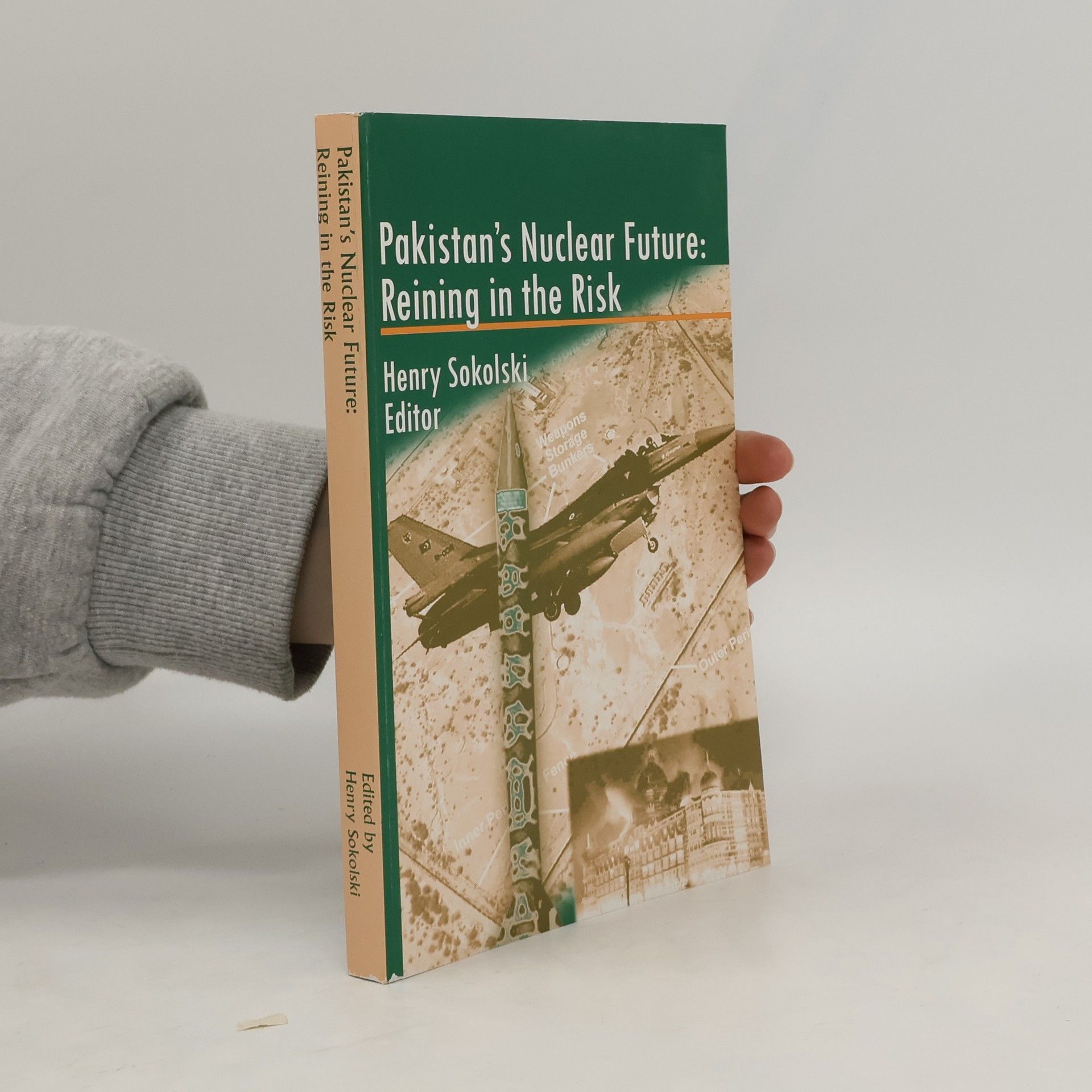A nuclear terrorist act is just one of several serious security threats facing Pakistan. Traditional terrorism and military crises in Southwest Asia have nearly escalated into wars, raising concerns about nuclear conflict between India and Pakistan. The war jitters following the Mumbai attacks underscored the connection between conventional terrorism and war, with fears in Washington that conflict could erupt. Similar worries emerged during the Kargil crisis in 1999 and the military tensions of 2001-2002, which many analysts believe could have led to nuclear warfare. This book aims to evaluate these threats comprehensively. Its companion volume, published in 2008, addressed the challenges of Pakistani nuclear terrorism, suggesting that this threat is a lesser concern compared to the risk of war and terrorism overall. The question remains whether the United States can enhance security for Pakistan's nuclear weapons against potential seizure. The book posits that instead of diverting attention from necessary actions to mitigate nuclear war risks, it is crucial to recognize our most daunting terrorist fears as subordinate threats. Reducing and containing the risk of nuclear conflict may ultimately limit these dangers.
Henry D Sokolski Livres




Missile defense and unmanned air vehicle related technologies, are proliferating for a variety of perfectly defensive and peaceful civilian applications. This same know-how can be used to defeat U.S. and allied air and missile defenses in new ways that are far more stressful than the existing set of ballistic missile threats. Unfortunately, the Missile Technology Control Regime is not yet optimized to cope with these challenges. Nuclear technologies have become much more difficult to control since new centrifuge uranium enrichment facilities and relatively small fuel reprocessing plants can now be built and hidden much more readily than nuclear fuel-making plants that were operating when the Nuclear Nonproliferation Treaty and the bulk of International Atomic Energy Agency inspections procedures were first devised 30 or more years ago. This volume is designed to highlight what might happen if these emerging threats go unattended and how best to mitigate them
Falling Behind. International Scrutiny of the Peaceful Atom
- 349pages
- 13 heures de lecture
A terrific compilation of essays by the leading experts in the field. This book offers analyses of the IAEA, nuclear safeguards, and a discussion of the IAEA's authority. It was published by the Strategic Studies Institute of the U.S. Army War College in February 2008.